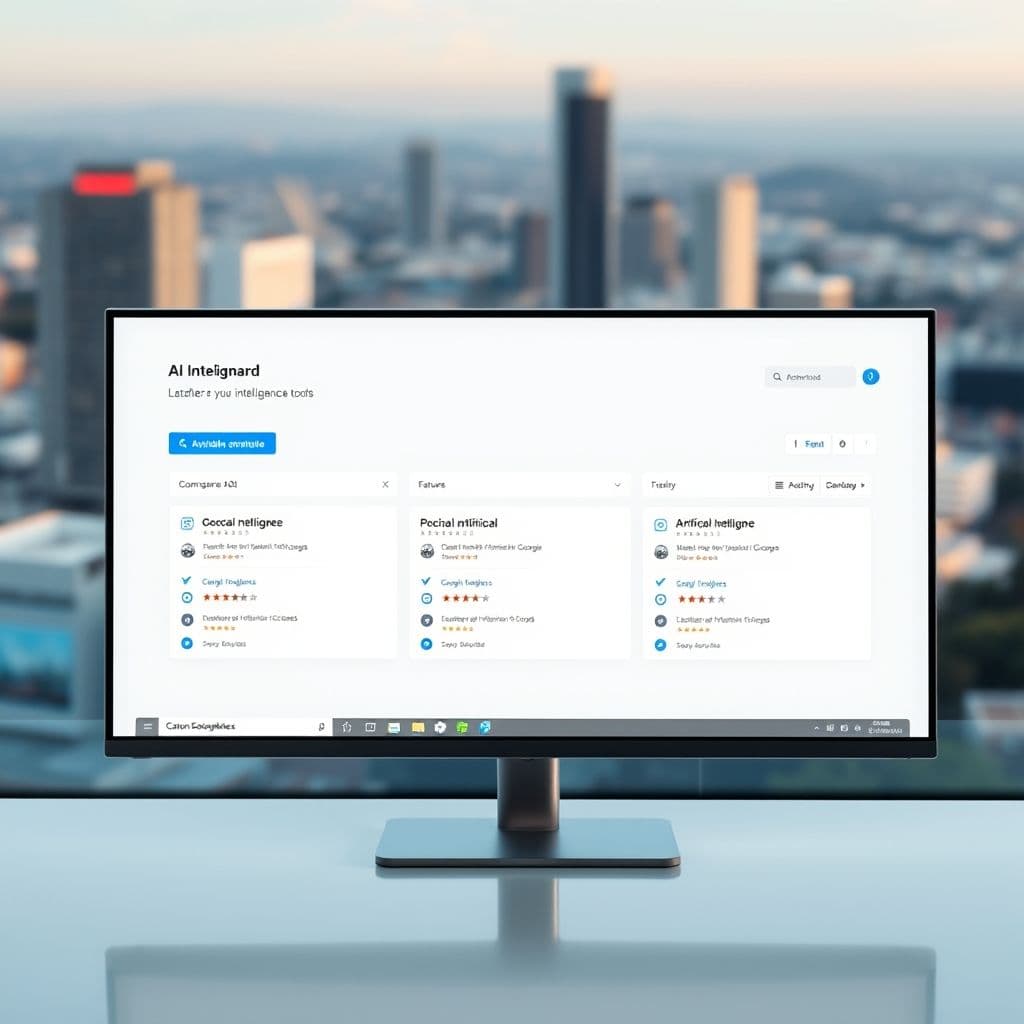Navigating AI App Overload: A Centralized Solution for Confused Users

Imagine searching for a specific AI application, only to be confronted with dozens of nearly identical options. This is the reality many users face today, particularly when looking for popular tools like ChatGPT or GPT-4o. The confusion isn't just frustrating—it's becoming a significant barrier to effective technology adoption. Let's explore why this problem exists and how a centralized SaaS solution could potentially transform this chaotic landscape.
The Problem: AI Application Confusion
The rapid growth of AI applications has led to a marketplace flooded with similar-sounding tools. Users report difficulty distinguishing between apps with nearly identical names and functionalities. Comments like 'There are many ChatGPT apps I don't know which one is which' and 'How do we get this GPT chat?' highlight the widespread confusion. This problem manifests in several ways: wasted time searching, accidental downloads of wrong applications, and frustration when features don't match expectations.

The SaaS Solution: Centralized AI App Directory
A potential SaaS solution could serve as a centralized platform that intelligently aggregates and differentiates AI applications. This hypothetical service would provide clear, standardized descriptions of each app's unique features, version comparisons, verified user reviews, and direct download links. The platform could use machine learning to analyze app functionalities and automatically highlight key differences between similar offerings.
Key features might include: verified developer badges to combat impersonation, side-by-side comparison tools, video demonstrations of each app in action, and personalized recommendations based on user needs. The platform could also maintain an updated database of official app links to prevent users from downloading counterfeit versions.

Potential Use Cases and Benefits
Such a platform could serve multiple user groups: casual users looking for the official version of popular AI tools, businesses evaluating enterprise solutions, and developers researching the competitive landscape. Educational institutions could use it to recommend verified tools to students. The benefits would extend to app developers too, providing them with a trusted channel to highlight their unique value propositions.
Conclusion
As AI applications continue to proliferate, the problem of app confusion will only intensify. A centralized SaaS solution could provide much-needed clarity in this crowded space, saving users time and frustration while helping quality applications stand out. While this remains just an idea today, it addresses a very real pain point expressed by countless users across platforms.
Frequently Asked Questions
- How would this SaaS platform make money?
- Potential revenue streams could include premium listings for developers, affiliate commissions from app downloads, or enterprise subscriptions for businesses needing advanced comparison tools.
- Wouldn't app stores solve this problem?
- Current app stores often exacerbate the problem with poor search functionality and limited comparison tools. A specialized platform could provide deeper analysis and more accurate differentiation.
- How would the platform verify app authenticity?
- Verification could involve direct partnerships with developers, API integrations with official app stores, and community reporting systems to flag suspicious listings.


